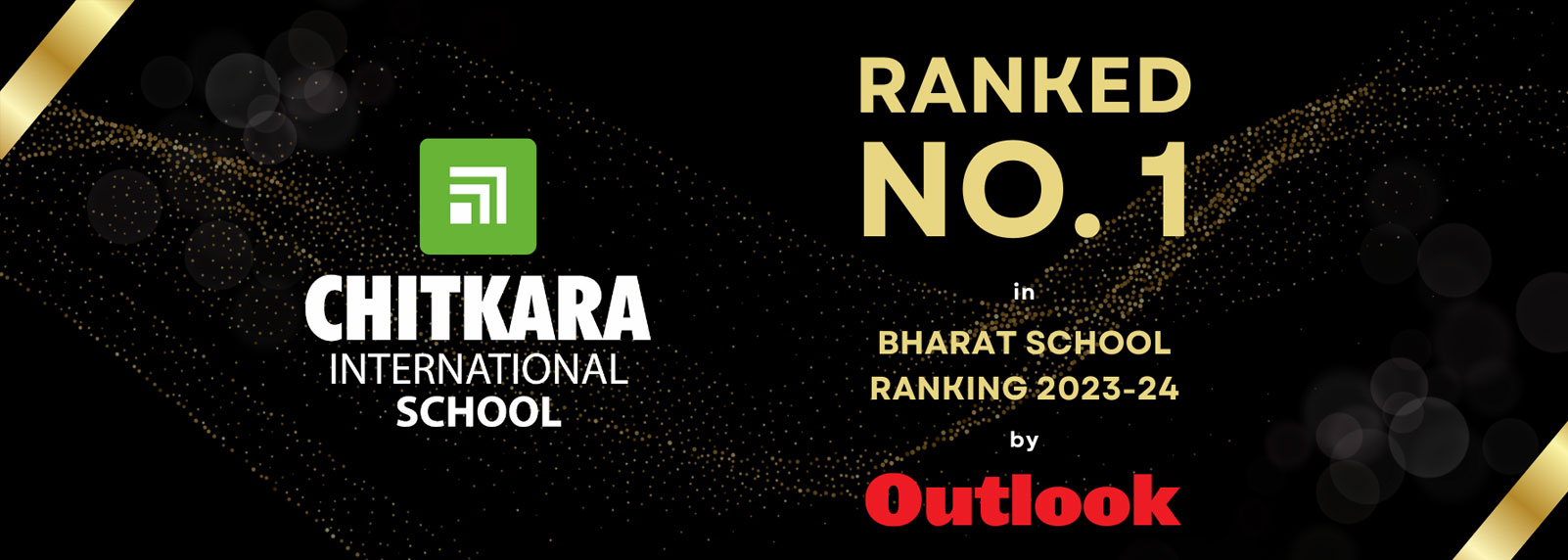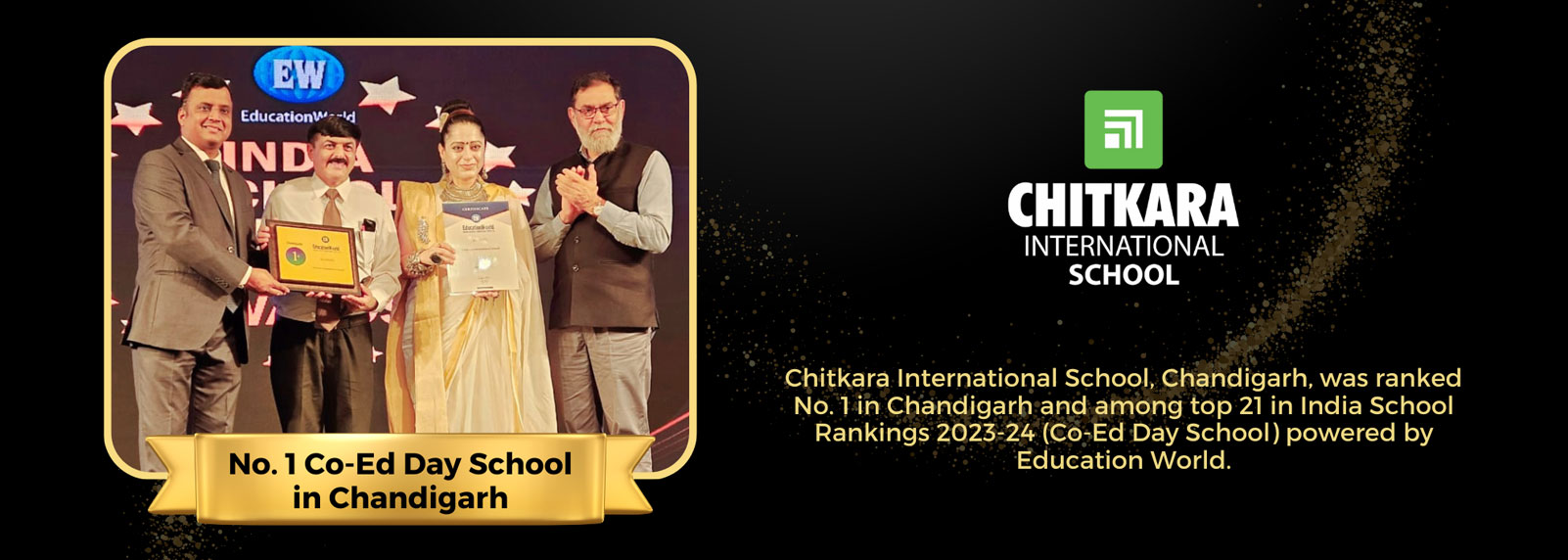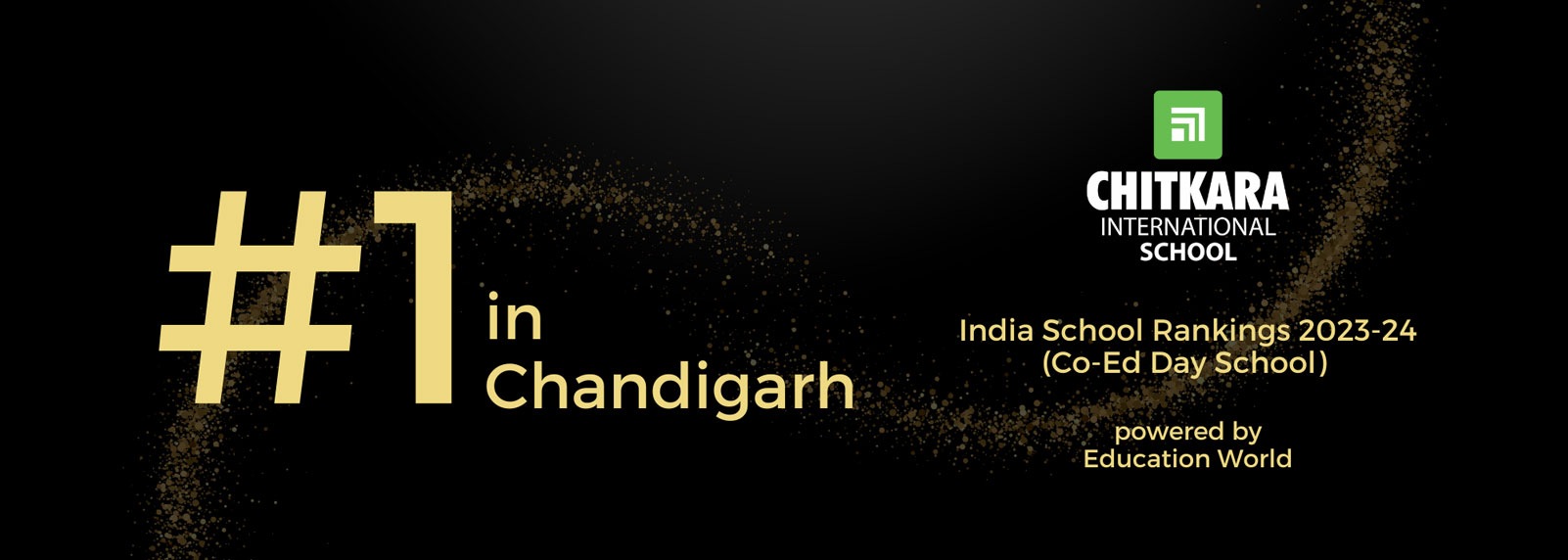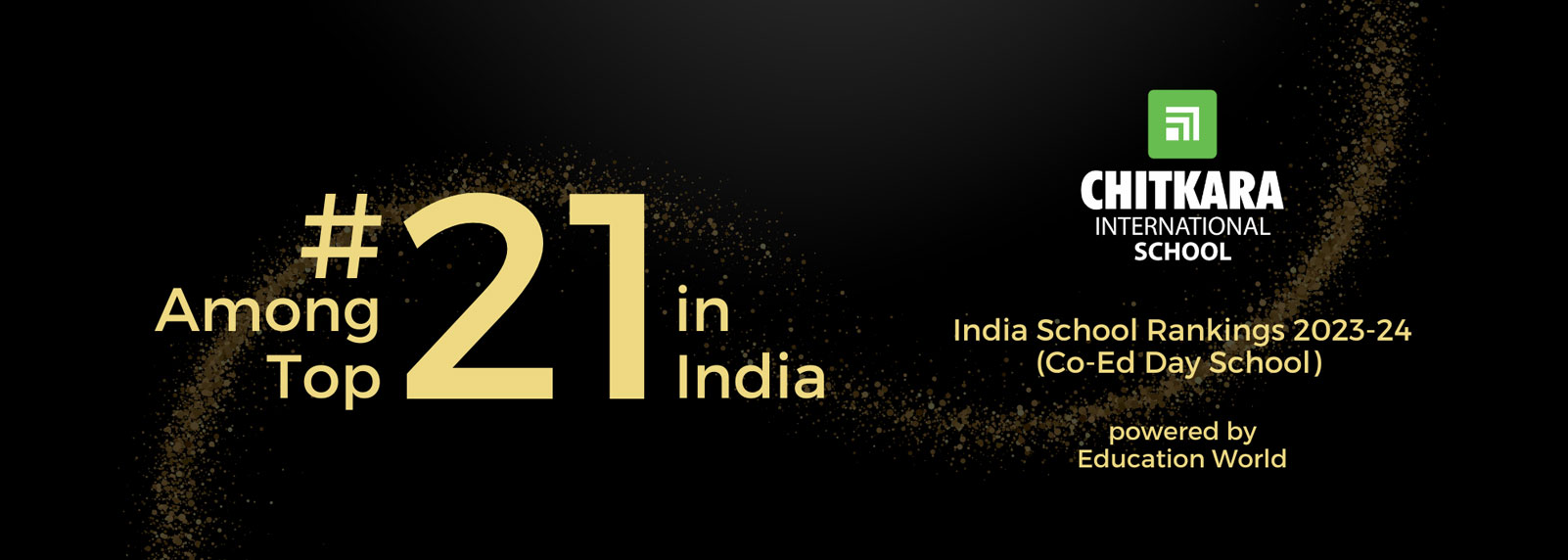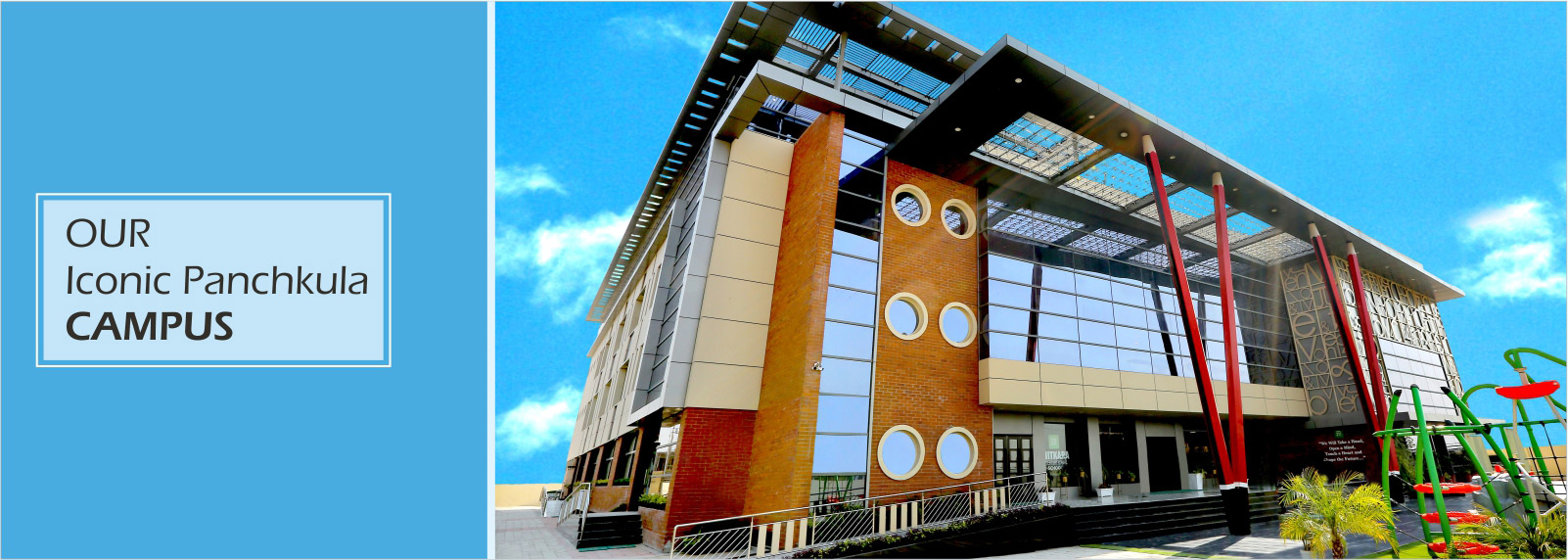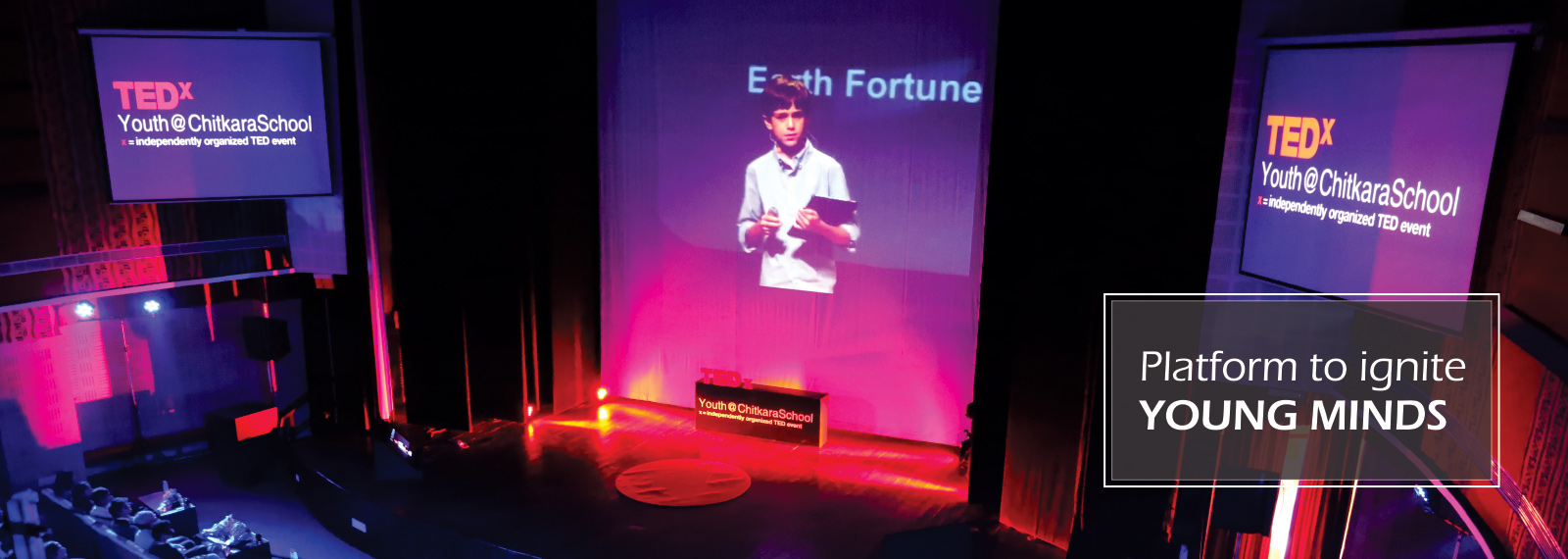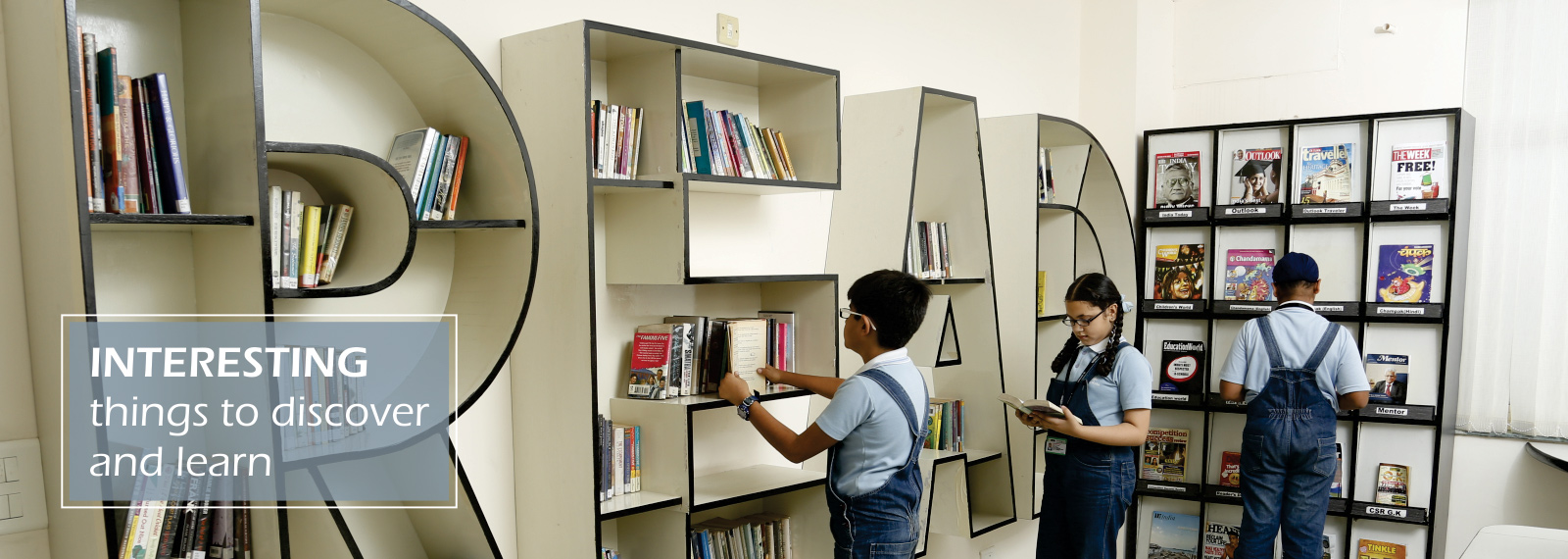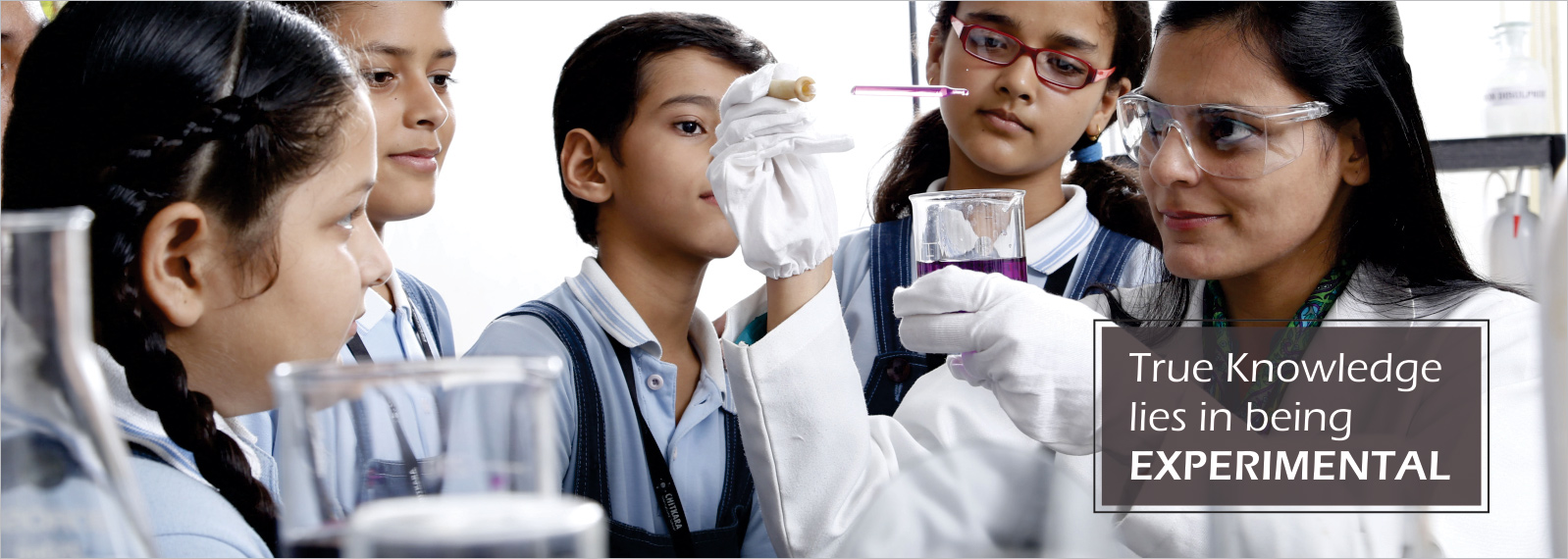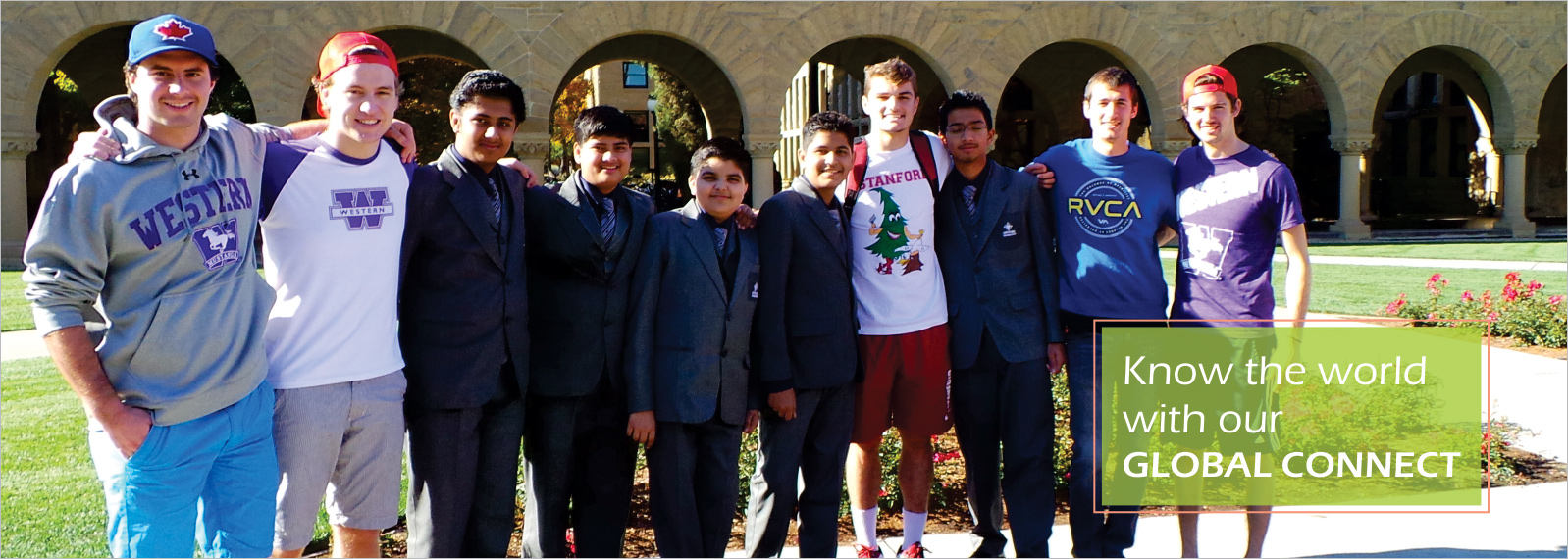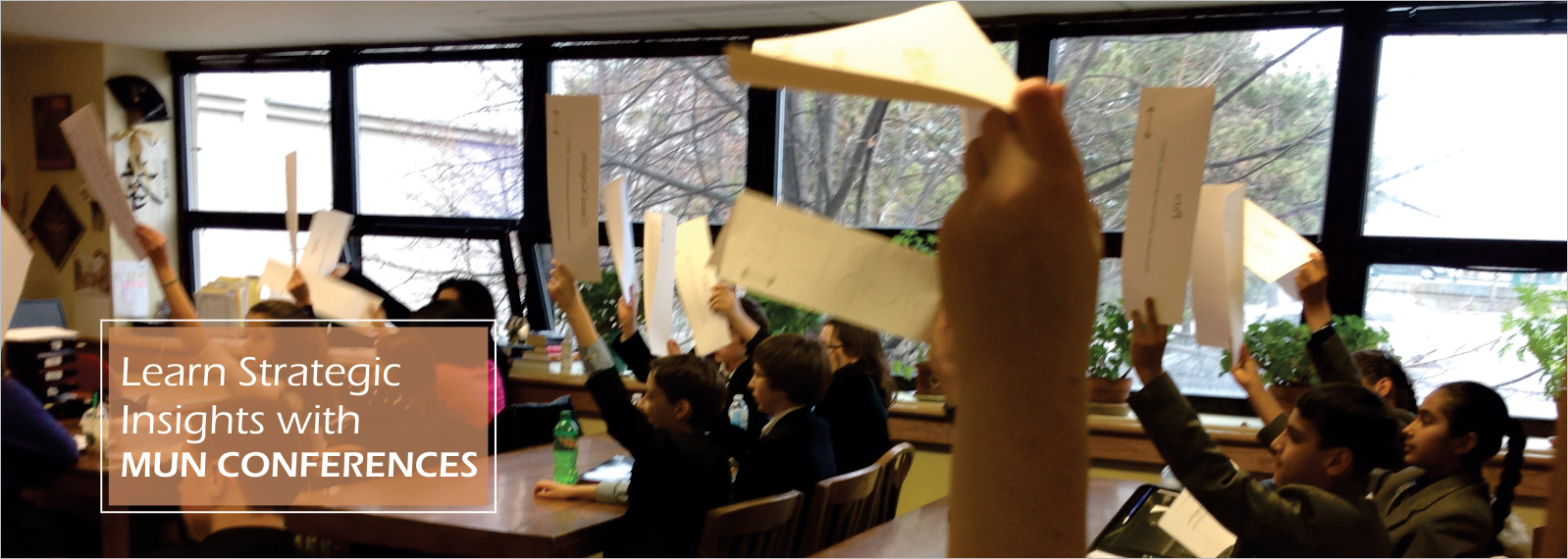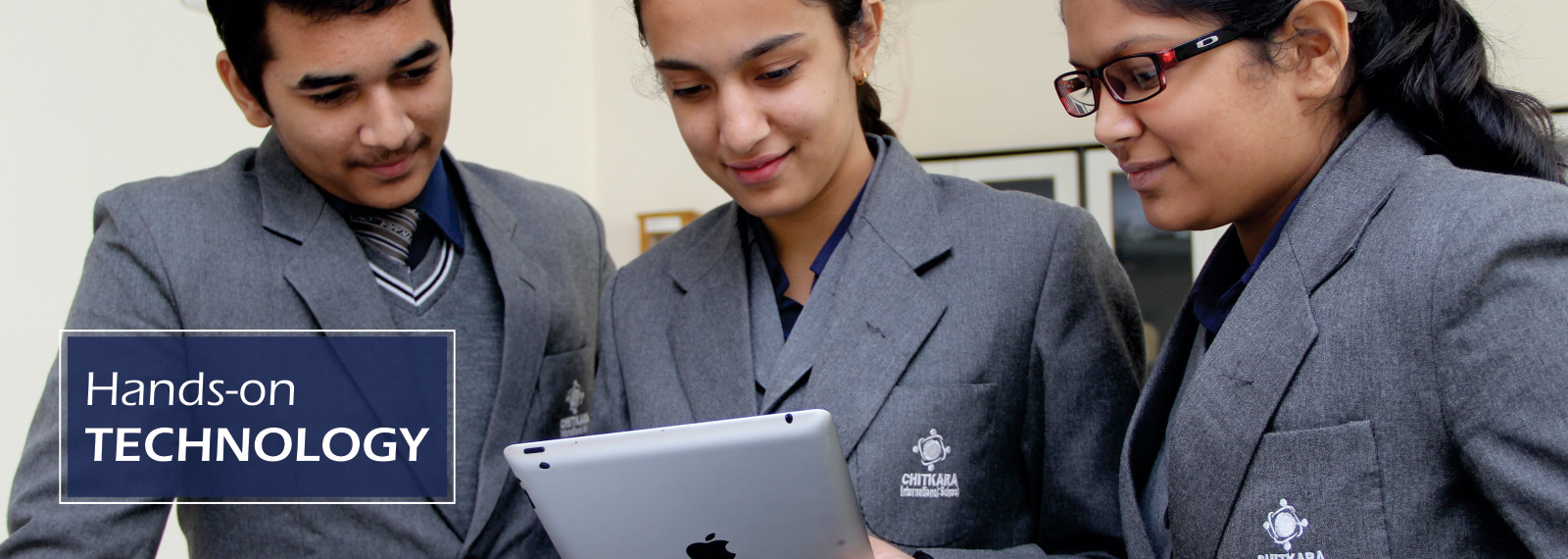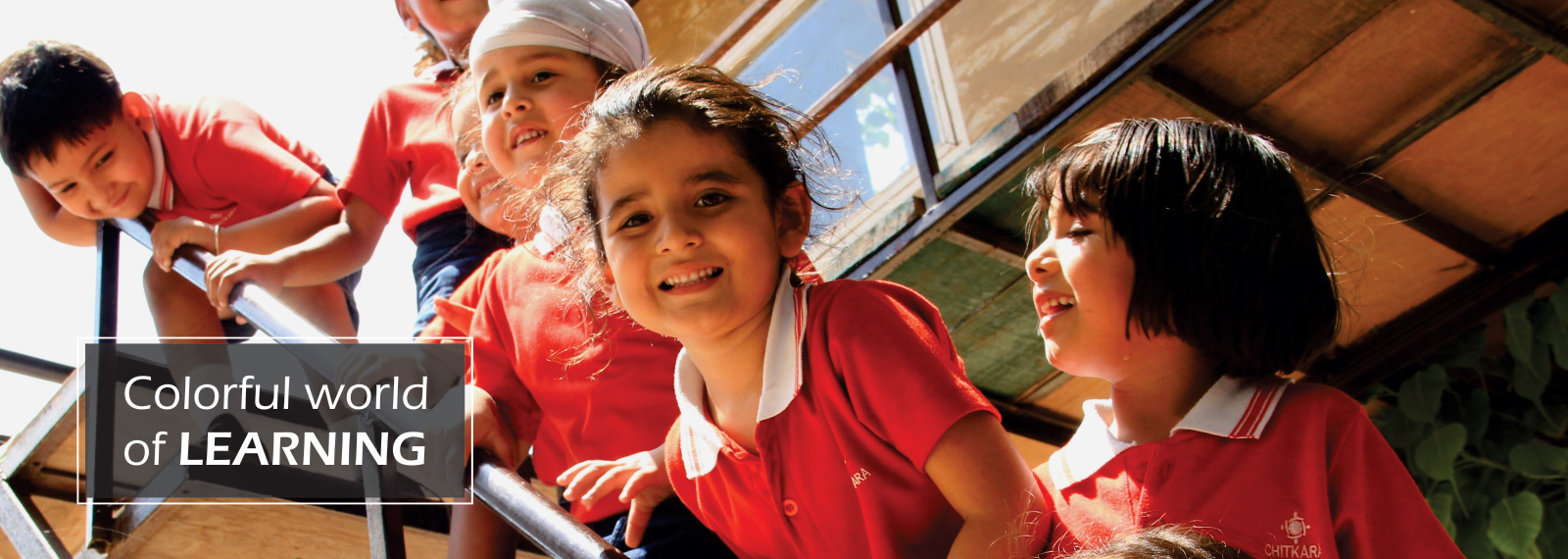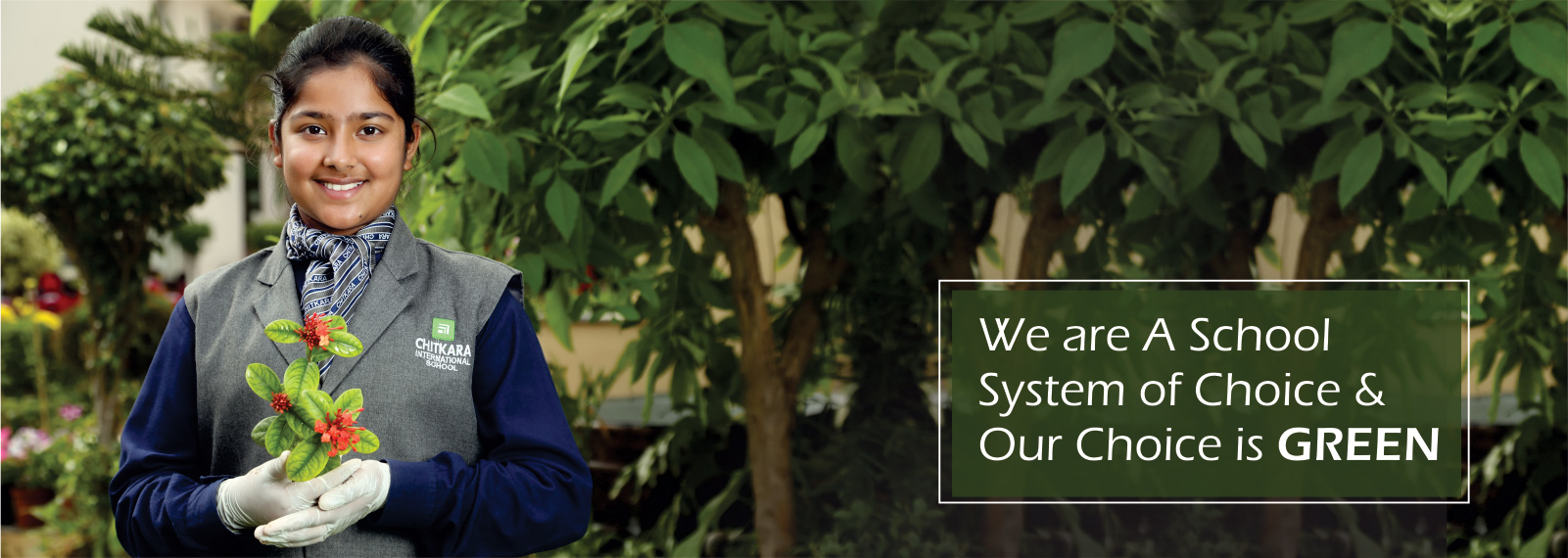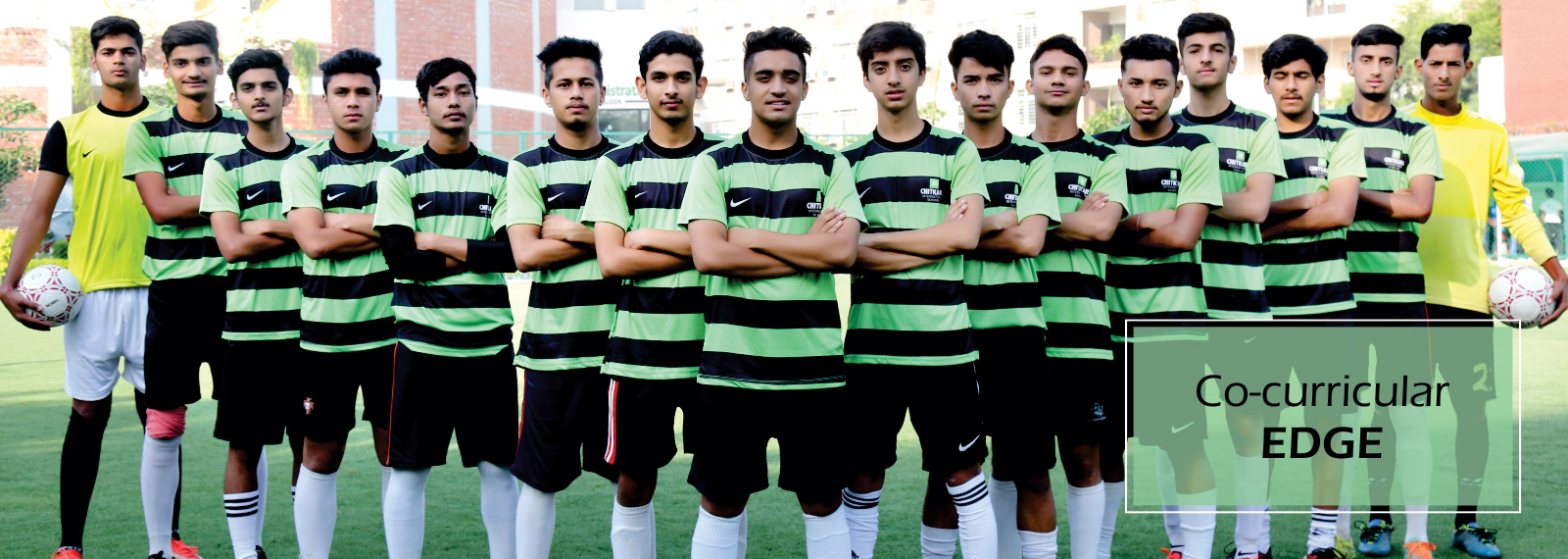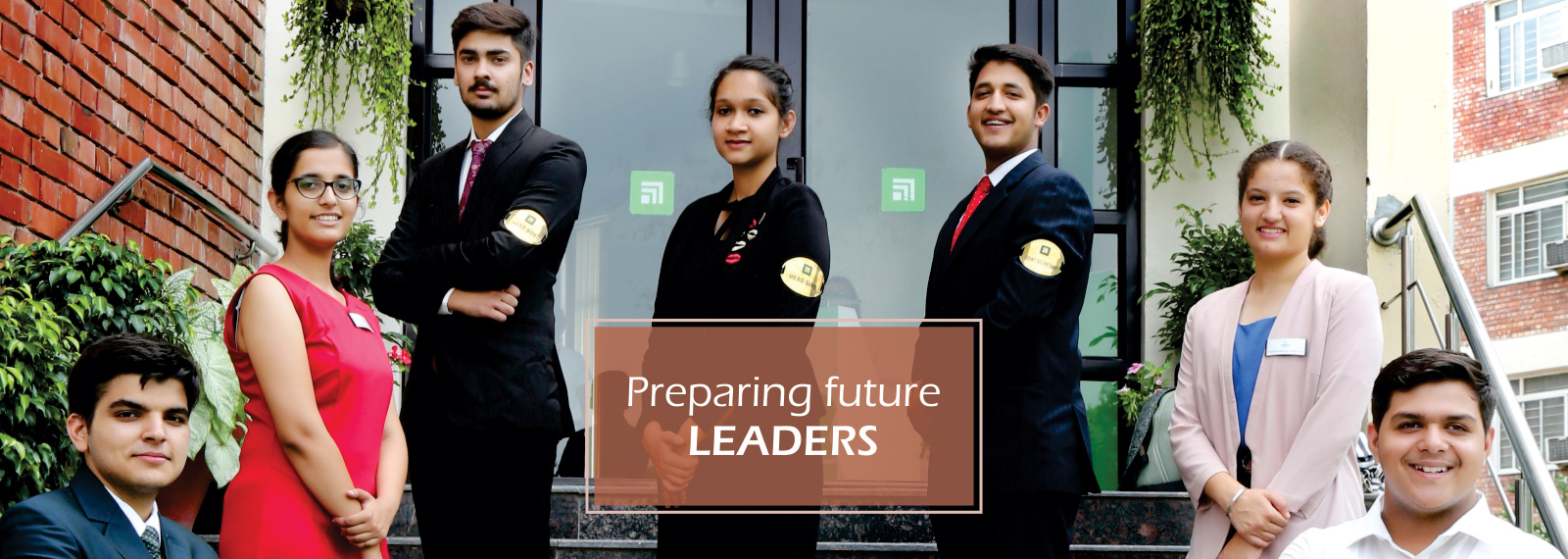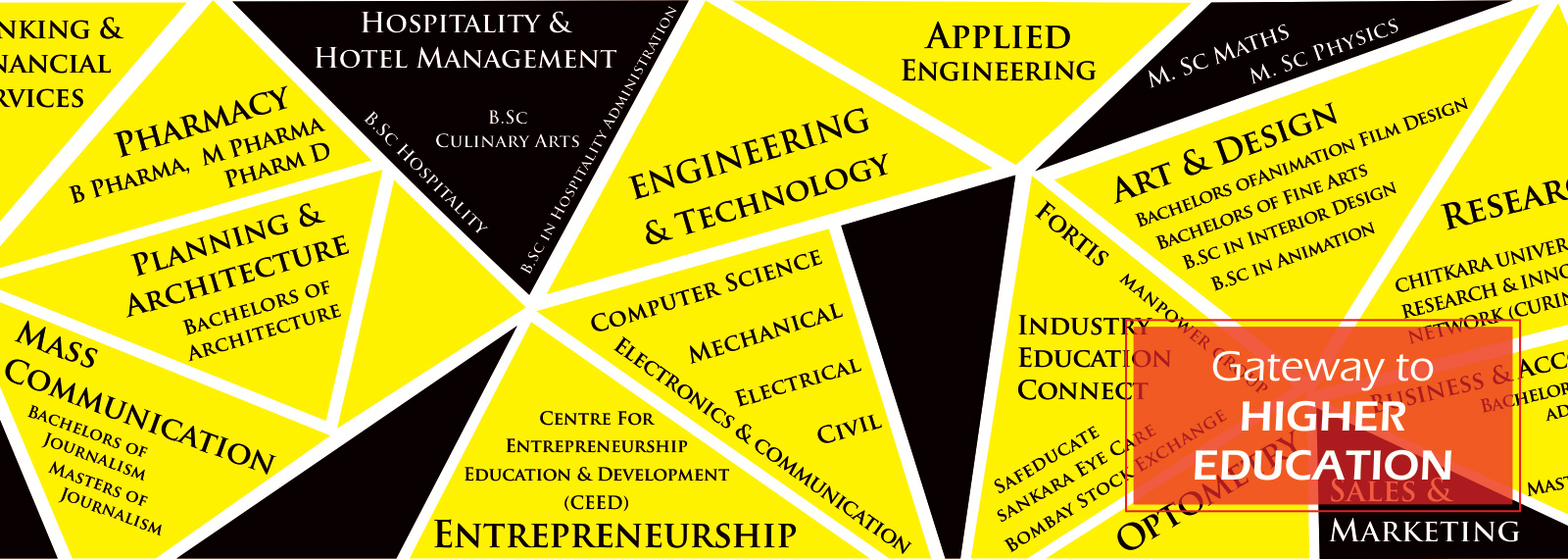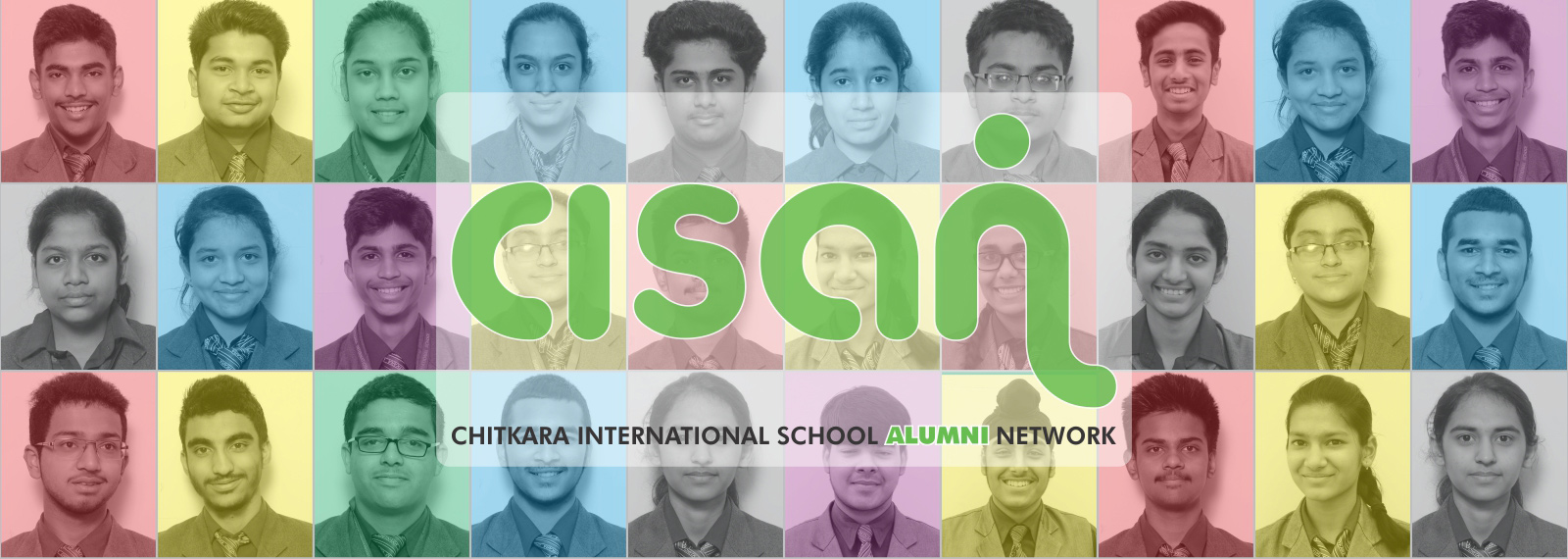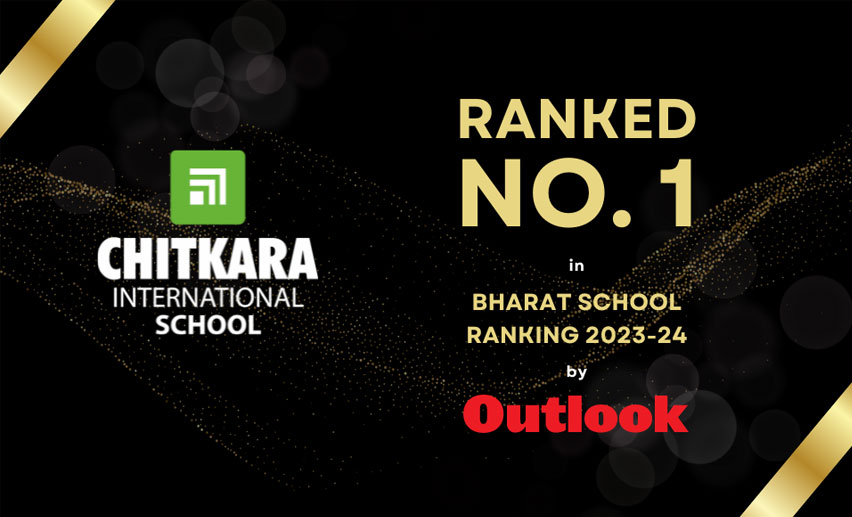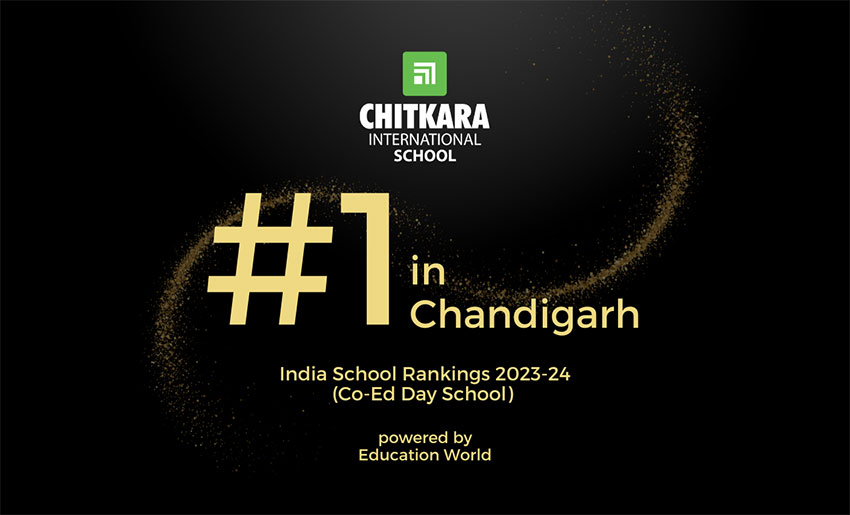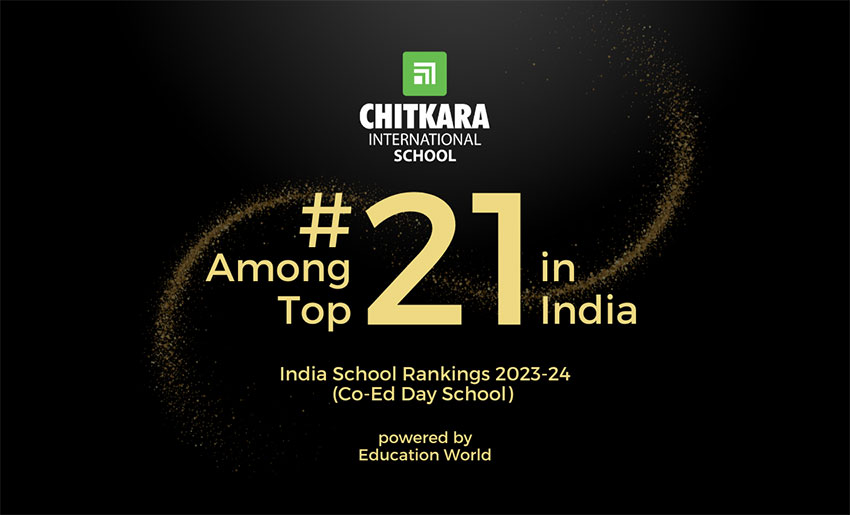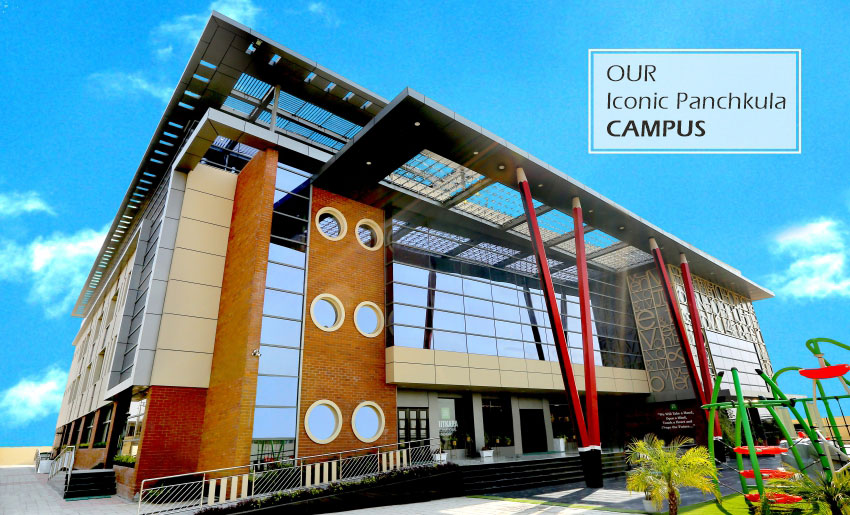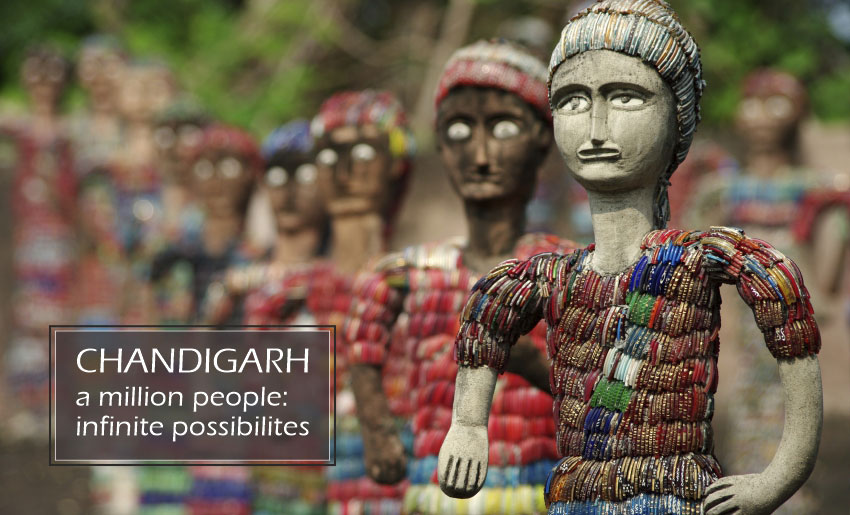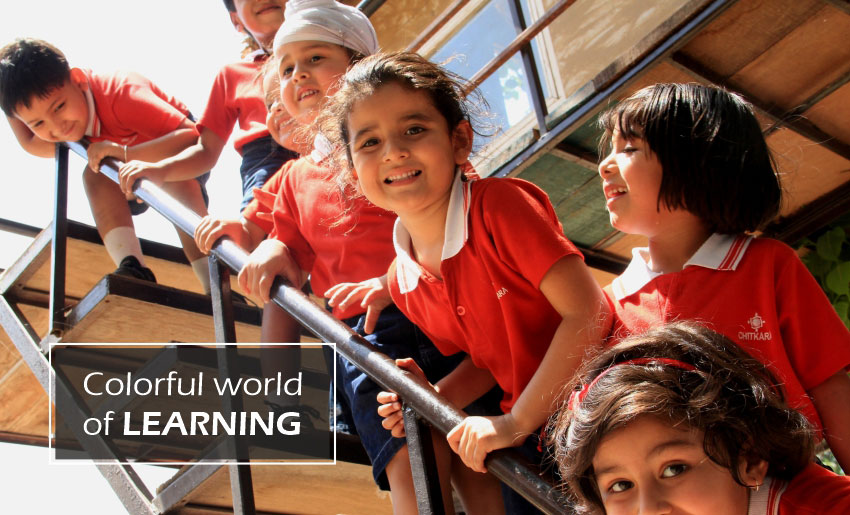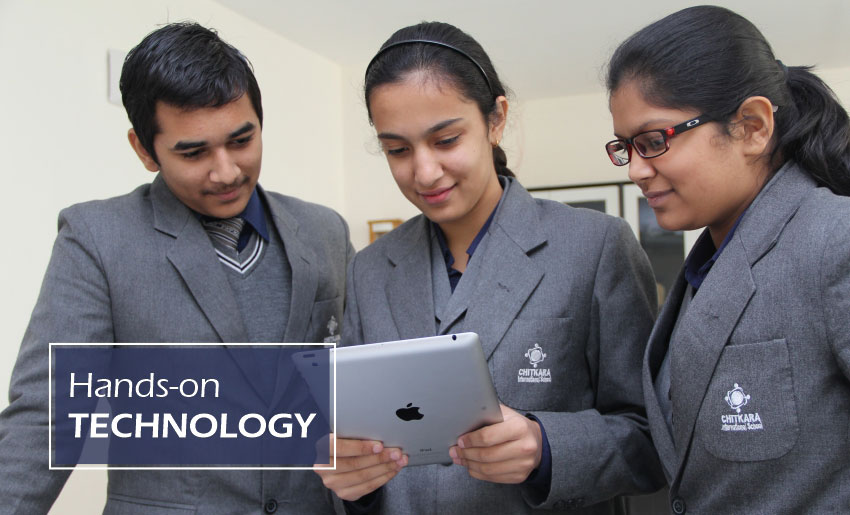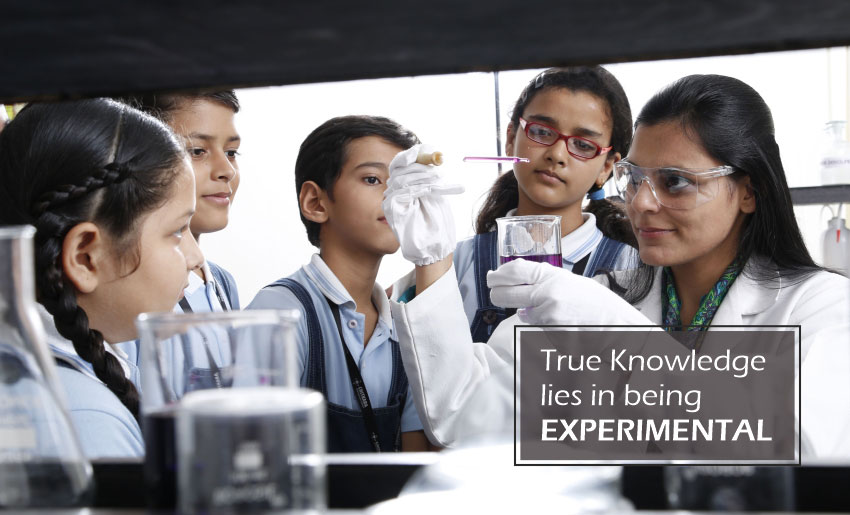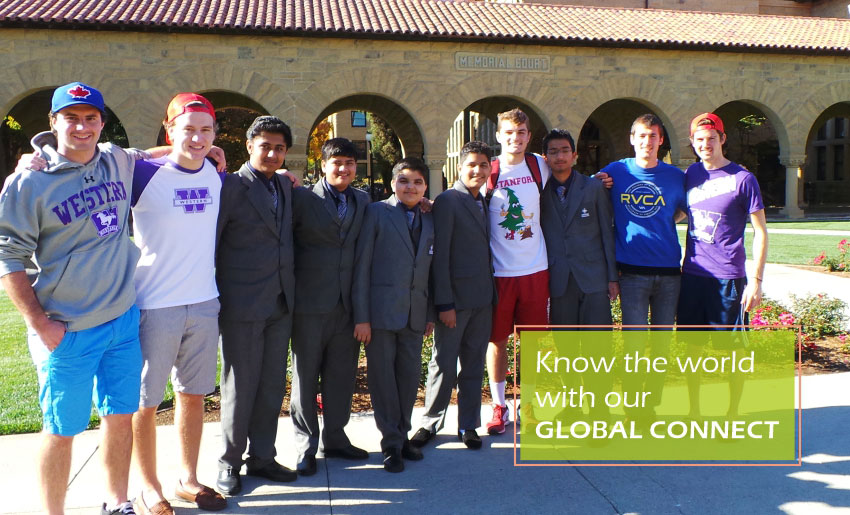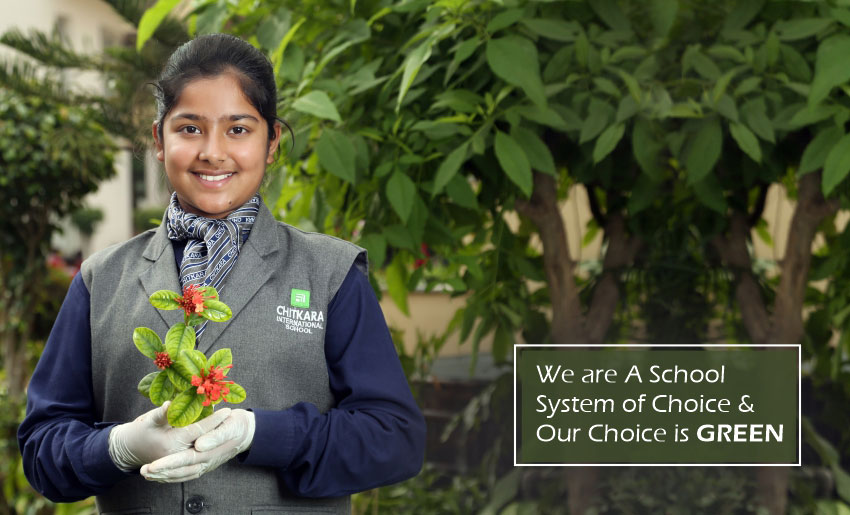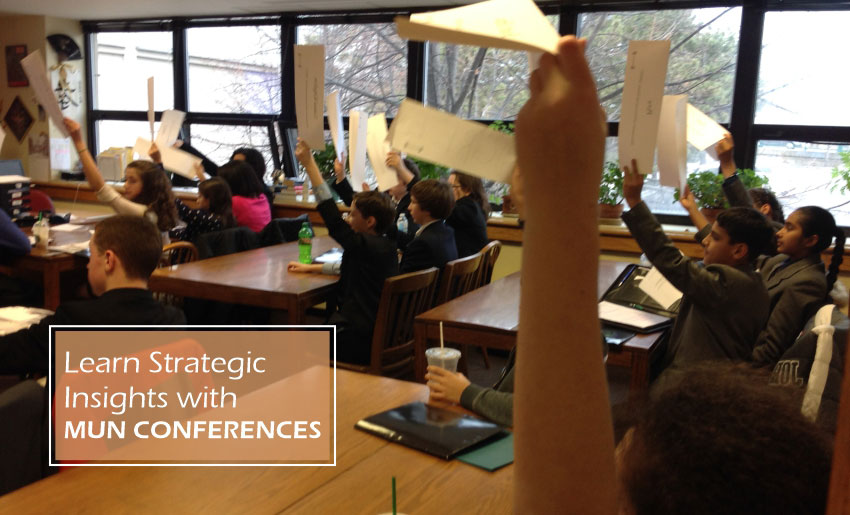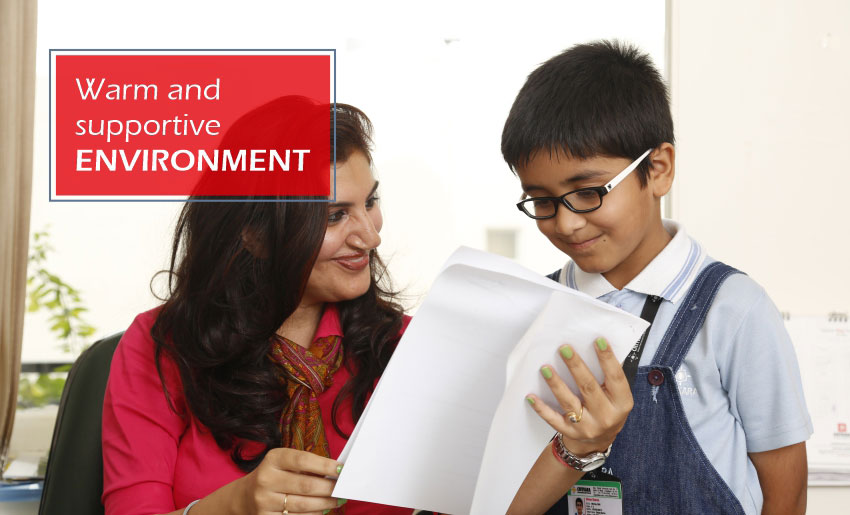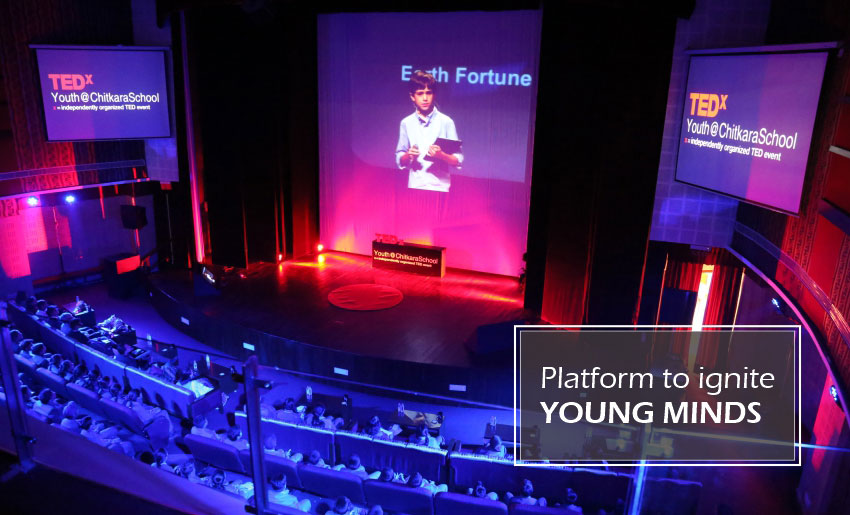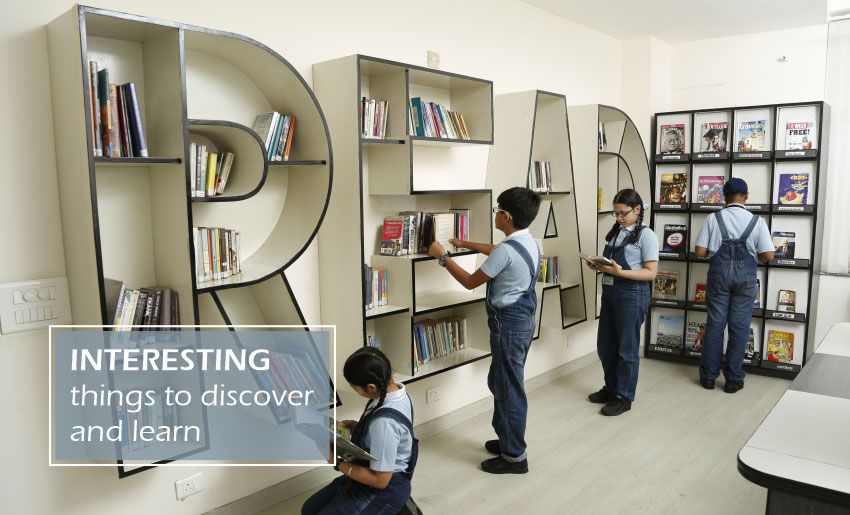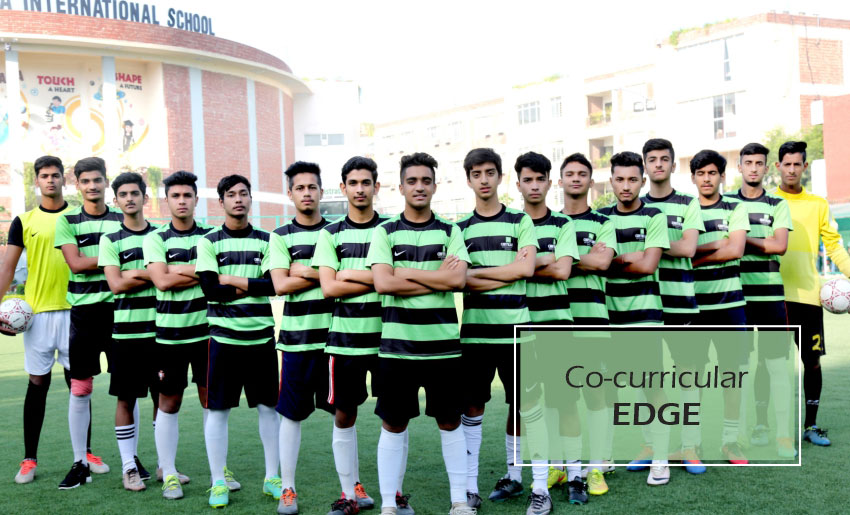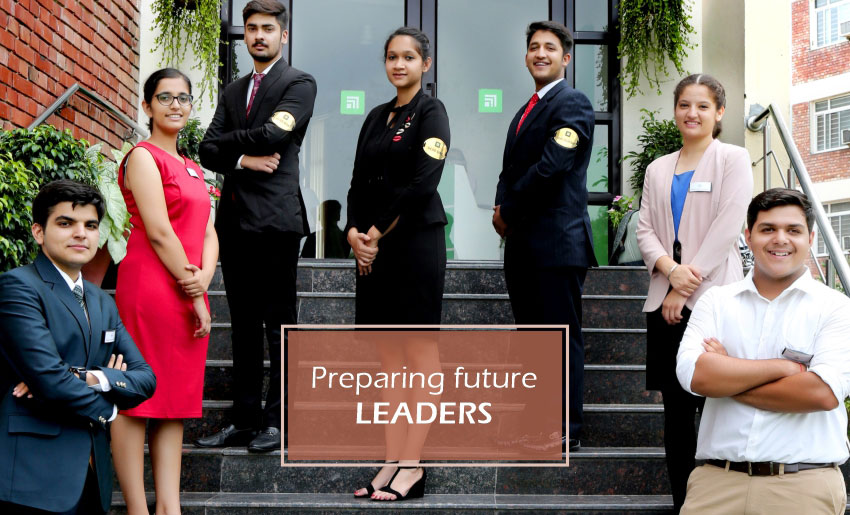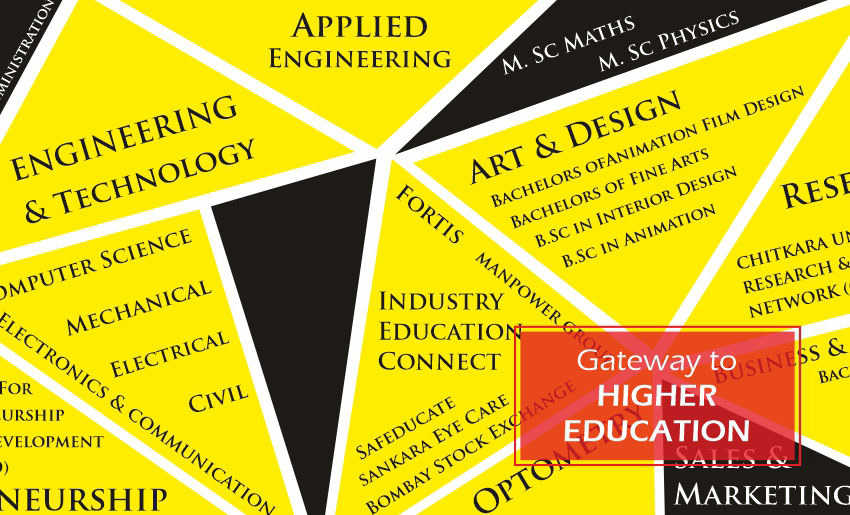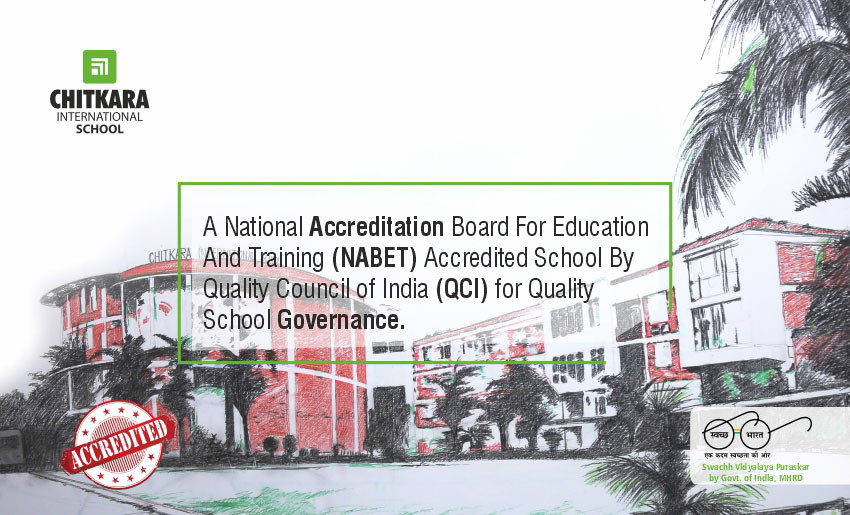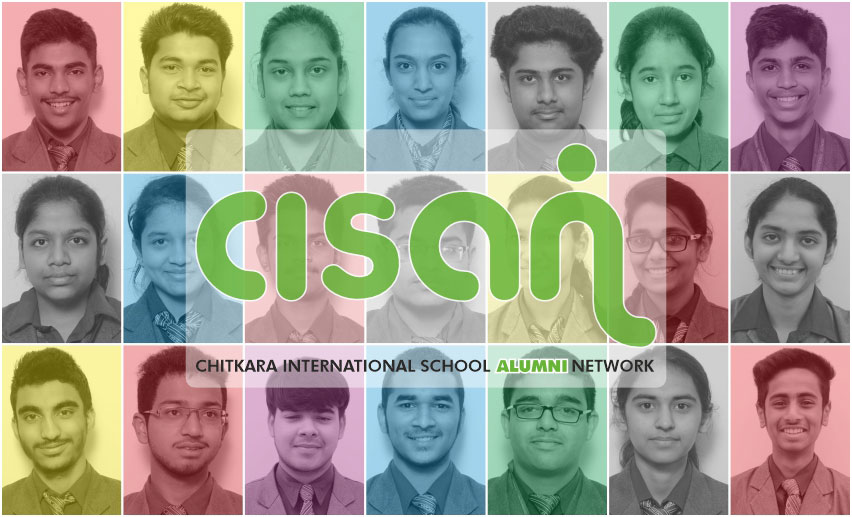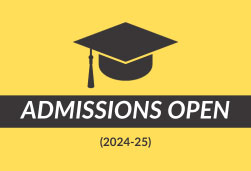Empowering Young Minds: Middle & High School Program at Chitkara International School, Panchkula
Our Middle and High School Programme (Grade 6 to Grade 10) facilitates an effective transition from middle to high school and prepares students for further education in various colleges and universities. The programme at CIS has been meticulously designed in line with the CBSE, Sustainable Development Goals (SDGs), and National Education Policy (NEP) 2020. In the high school stage, teachers assume the role of mentors, guiding students’ learning process. This stage involves the display of knowledge acquired over previous years through production, demonstration, exhibition, presentation, and performances by the students. The core components of the Middle and High School Curriculum are as follows:
-
English
At this stage, self-directed reading and self-study are encouraged, focusing on language and literature skills. Students analyse prose and poetry, exploring literary elements and lexical items. Research and curiosity foster literary skills, expanding the vocabulary and nurturing future orators. An encouraging atmosphere for speaking and listening is created to enhance language proficiency.
-
Mathematics
Students are provided with a stimulating learning environment using student-friendly software, ExtraMarks, enabling analysis, understanding, and evaluation of concepts. They engage with online worksheets challenging and motivating them, honing their mathematical skills. Expert guest faculty introduce various complex and long-term concepts from national and international universities. A mandatory one-hour daily mathematics session is embedded into the student’s daily timetable for strengthened mathematical understanding.
-
Science
Science is a domain that constructs knowledge through testable explanations and experiments. It involves observing natural phenomena, experimentation, and research. Science is segmented into Physics, Chemistry, and Biology. Students participate in exhibitions and science fairs, sharing and explaining their practical project designs. Their regular involvement in national and international projects, from technology to space and working models to solar stations, augments their scientific acumen.
-
Social Science
Social Science examines human society and individual relationships within society. Students explore socio-cultural aspects of human behaviour and global geography through various cross-cultural events and programs organised at national and international levels. Social Science is divided into History, Civics, and Geography.
To generate interest and alleviate the monotony of theoretical concepts, CIS shares suggestive video links related to Social Science subjects for additional home learning reinforcement, organised by topics. Previously challenging abstract or theoretical topics are now more accessible and understandable due to the availability of educational videos.
-
General Knowledge and Value Education
A focus on imparting value-based education at the middle and secondary level (up to Grade 8) is achieved through various activities, books, and sessions, fostering positive values that shape students’ futures and add purpose to their lives.
-
Vocational Course
In response to the increasing significance of artificial intelligence (AI) across various fields, the school offers AI as a vocational subject for students in Grades 9 and 10. This forward-looking initiative aims to equip students with foundational knowledge and skills in AI, promoting their understanding of this transformative technology. The subject delves into the principles, applications, and ethical considerations surrounding AI, teaching fundamental concepts of machine learning, data analysis, and algorithms while developing critical thinking and problem-solving abilities.
-
Hindi & Other Languages
Hindi is compulsory and taught through digital content, while French & Punjabi are optional.

